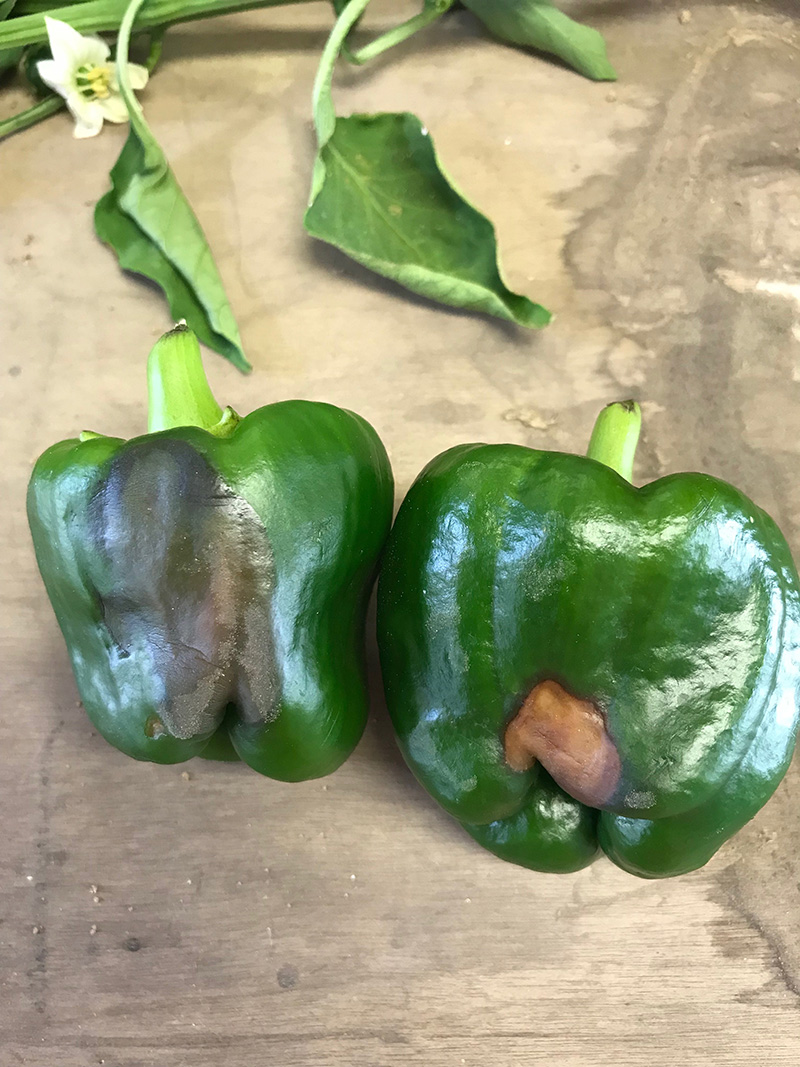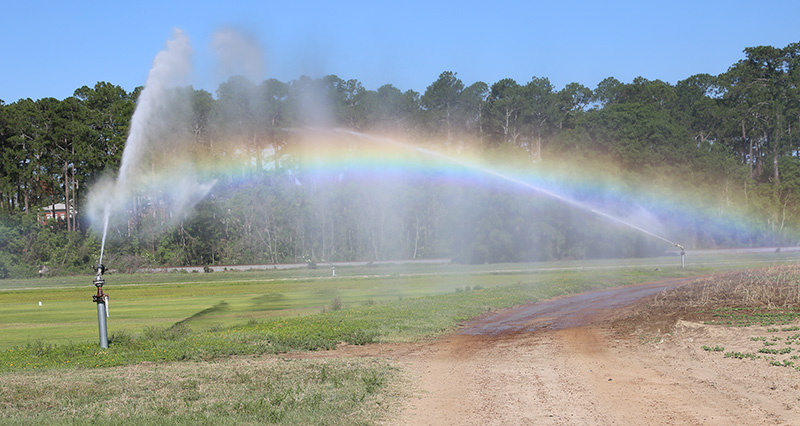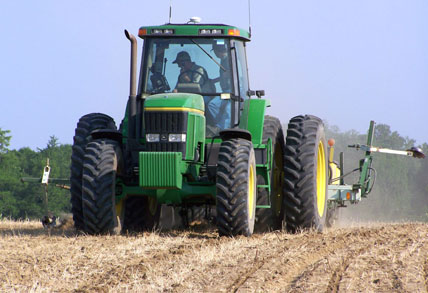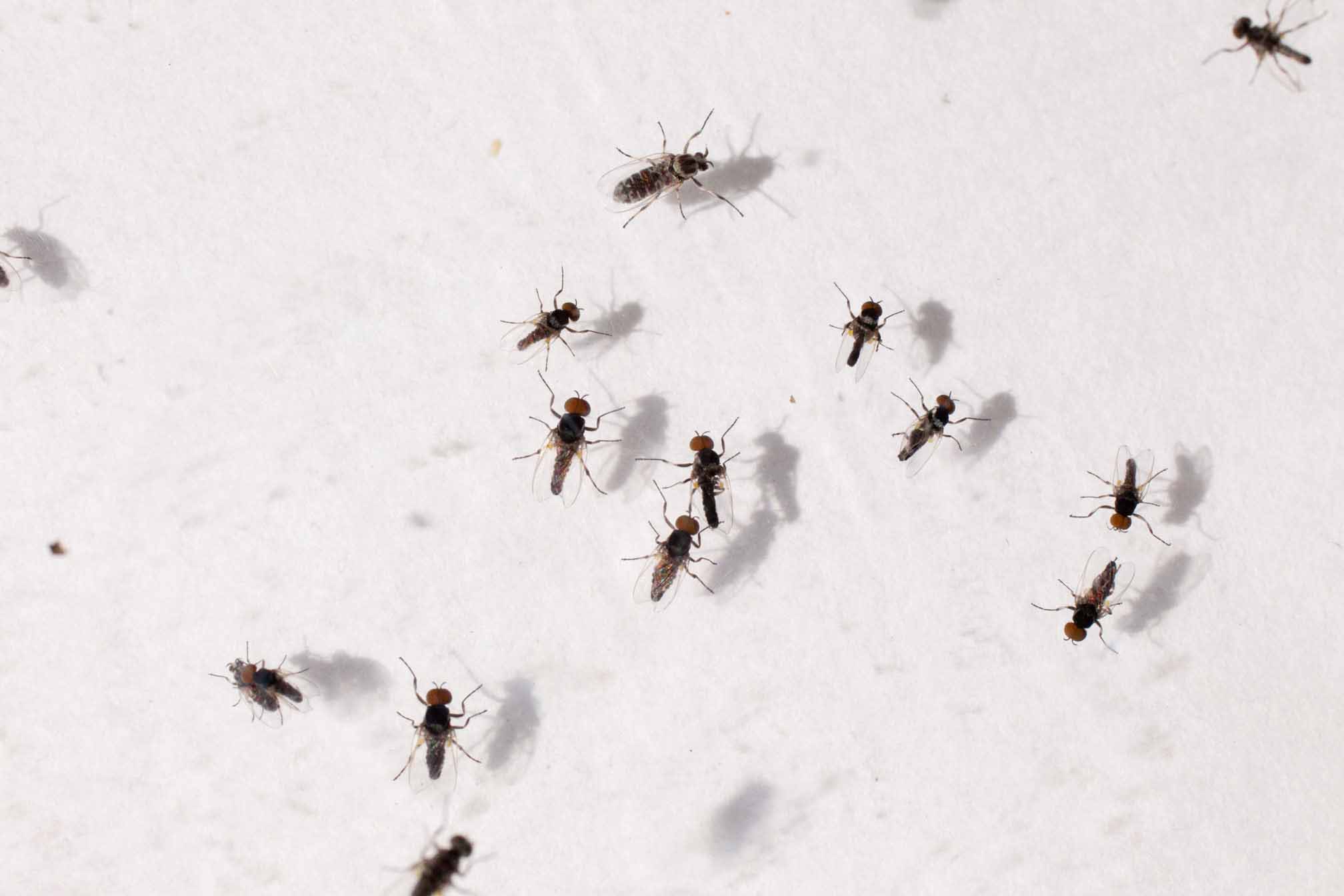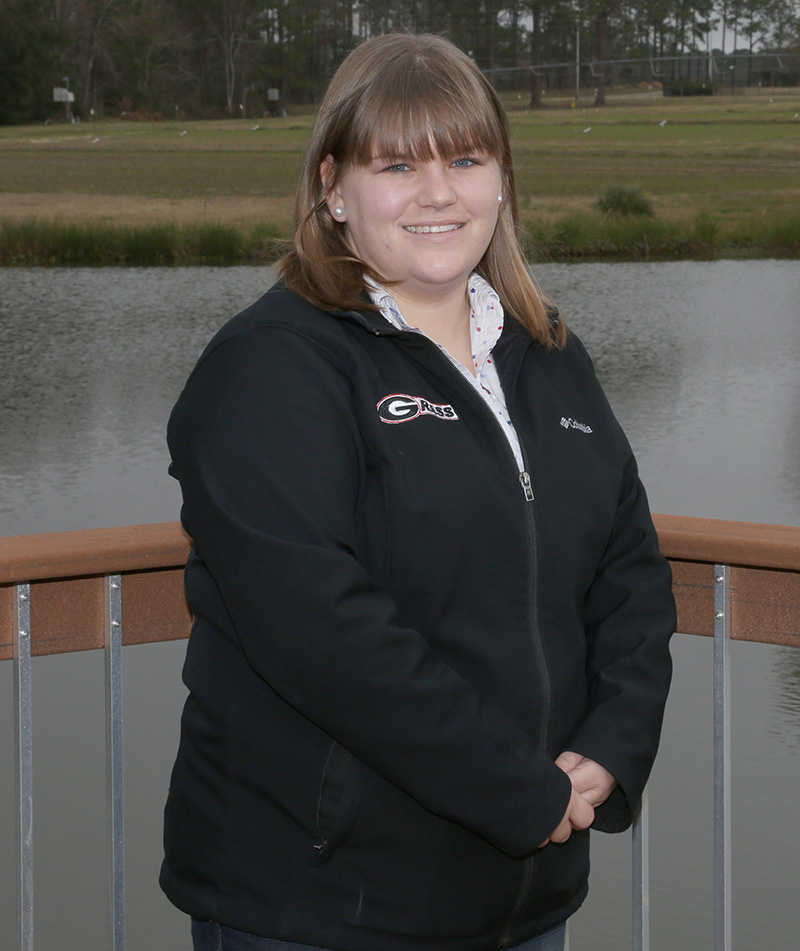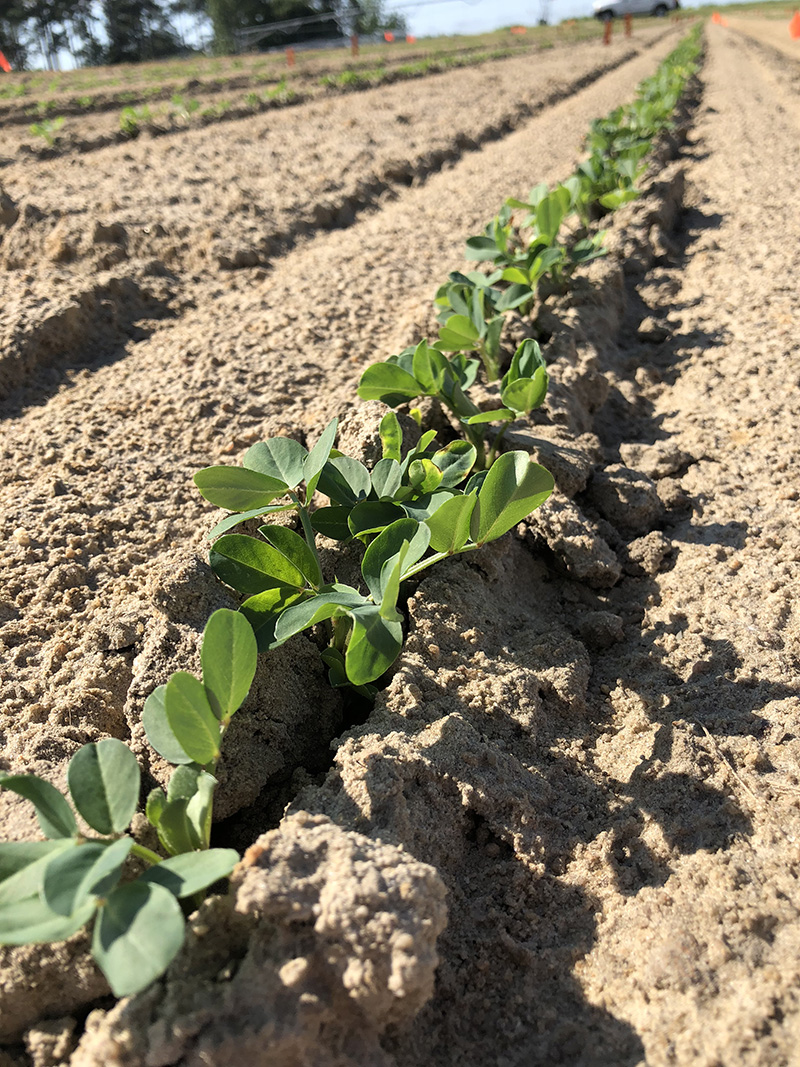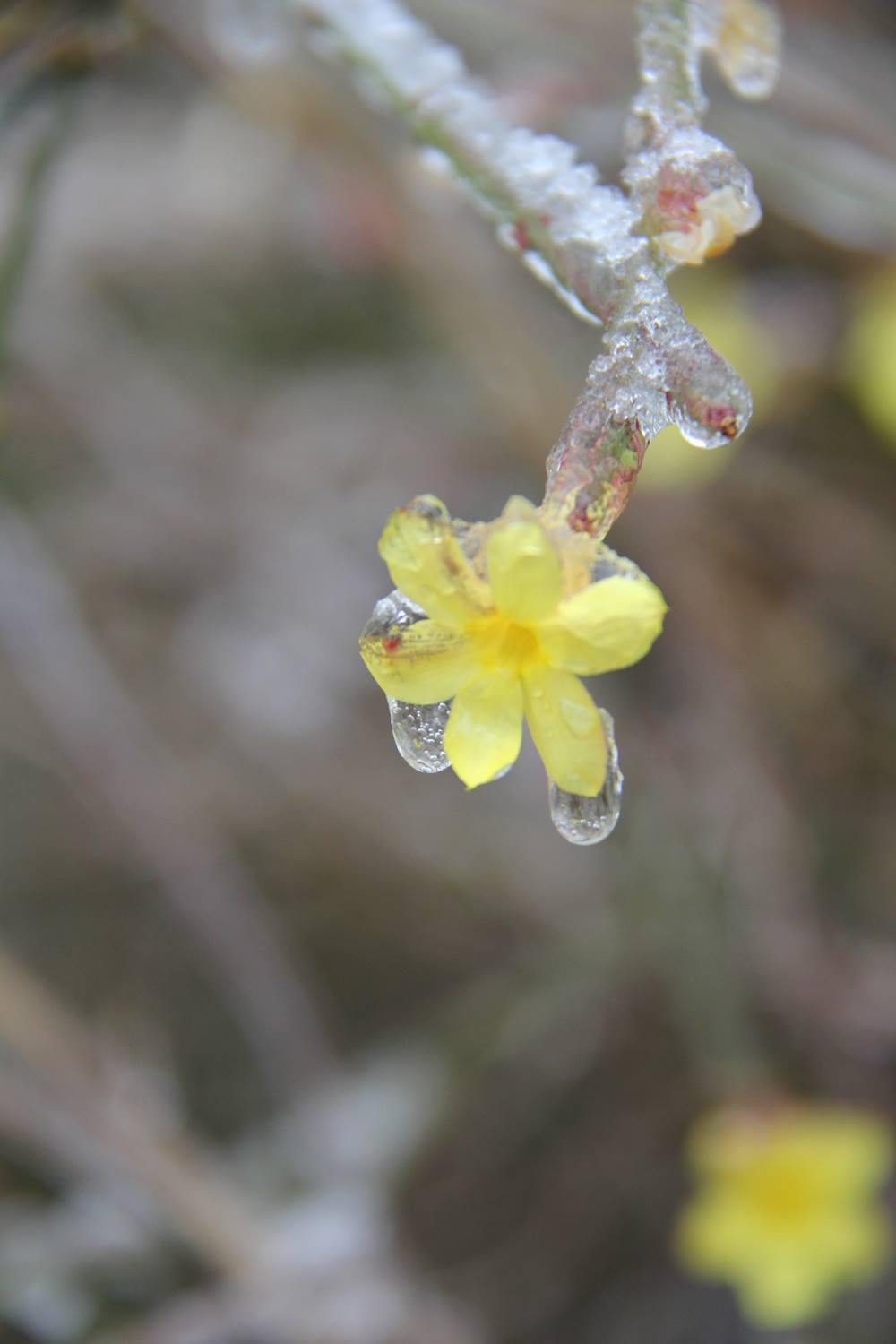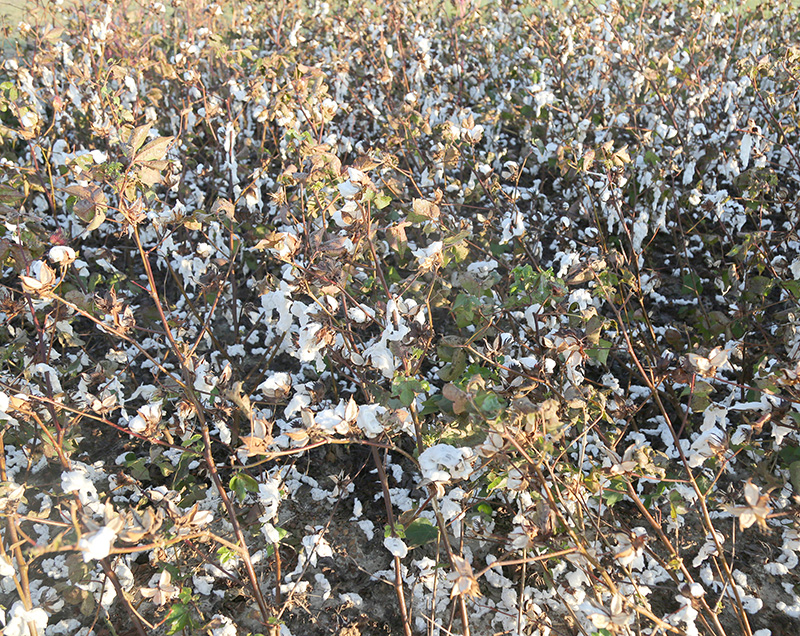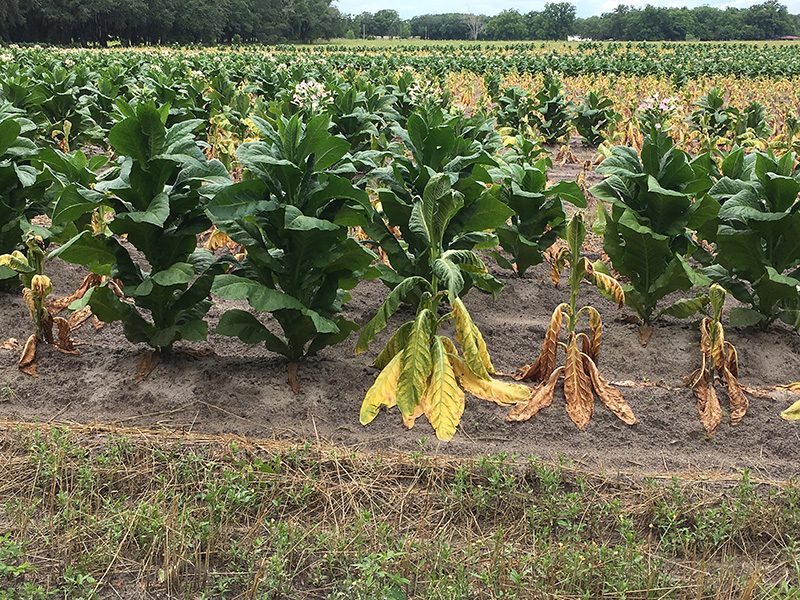 CAES News
CAES News
Black Shank Disease
While most Georgia crops are suffering from the recent lack of rainfall across the state, tobacco farmers have some reason to celebrate. Three consecutive weeks of dry weather in May have curbed incidences of black shank disease, according to University of Georgia Cooperative Extension tobacco agronomist J. Michael Moore.

